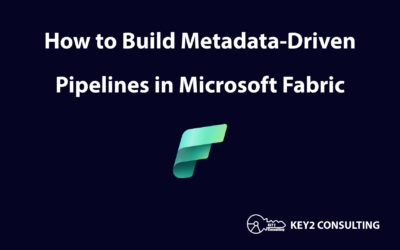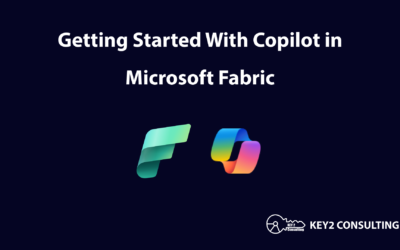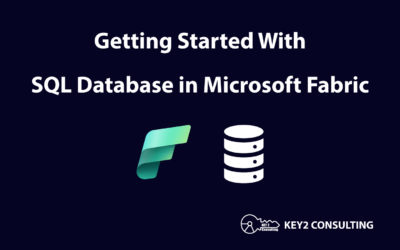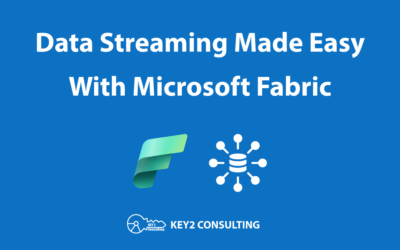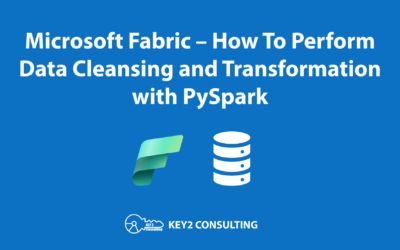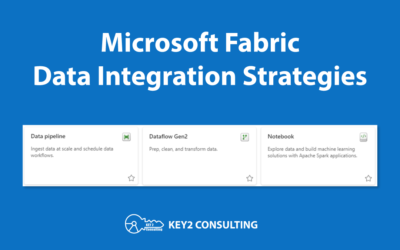Microsoft Fabric
Consulting Services
Work with an experienced Microsoft Gold Partner that can help you get the most out of the Fabric platform.

What is Microsoft Fabric?
Microsoft Fabric is a unified software-as-a-service (SaaS) analytics platform that brings together tools for data engineering, data modeling, data science, data warehousing, and reporting all in one place.
Key components include data integration with Azure Data Factory, data warehousing with Azure Synapse Analytics, data storage with OneLake (based on Azure Data Lake), and reporting with Power BI.
Fabric also has strong AI capabilities thanks to Copilot, Microsoft’s new AI-assistant technology. Copilot uses NLP (Natural Language Processing) to help developers write code, create reports, and produce measures.
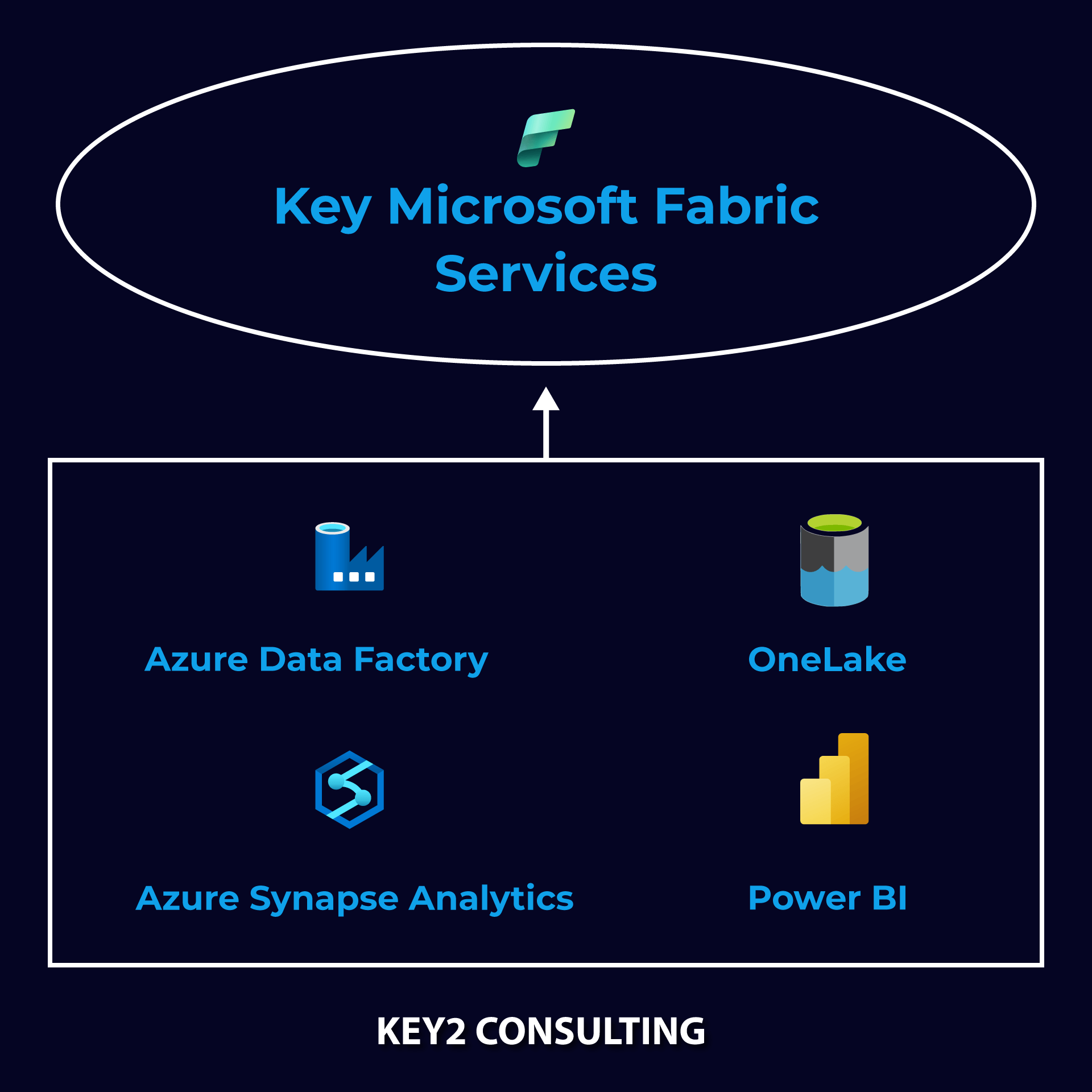
Our Microsoft Fabric Consulting Services
Data Engineering
We can help you transform big data into world-class solutions with the power of Fabric Data Warehouses, Data Lakes, and Spark Notebooks. Our Microsoft Fabric consultants can show you how to leverage the new platform to bring your data into the new era of AI and maximize results.
Data Integration
Our team can help you create modern data integration processes that move your data in an intuitive and performant manner using Data Factory. We can also help you move on-premises processes to Fabric. We are flexible to your organization’s unique needs.
Artificial Intelligence
Our consultants can help you leverage cutting-edge AI capabilities in Microsoft Fabric using Natural Language Processing, machine learning, and Open AI services such as Copilot. If you’re sensing that your data processes are “behind” in AI technology, we can help you get to where you want to be.
Power BI
Our staff has deep expertise in Power BI consulting and has helped many companies visualize data to tell meaningful stories. Power BI is often the forward-facing aspect of an organization’s analytics, and we will ensure your data is presented properly to ensure clarity, ease of use, and ROI.
Data Science
Synapse Data Science is a very important piece of Microsoft Fabric that empowers users to build AI models, collaborate on projects using notebooks, and train, deploy, and manage machine learning models. Our team can help you maximize this capability and boost your data science processes.
Important Features of Microsoft Fabric
OneLake
OneLake is where all of the data created and used in Fabric is stored. It resembles how Office 365 stores Word, Excel, and PowerPoint files in OneDrive.
Previously, companies might create multiple data lakes for different teams. With OneLake, teams can collaborate using a single data lake. The product is an attempt to break down data siloing and simplify the management of an organization’s data.
OneLake Security
OneLake Security in Fabric is a simplified security model for the entire platform. As opposed to an Azure analytics platform that uses different services each with its own linkages, Fabric attempts to streamline that.
Authentication is done using Microsoft Entra and data is secured using workspaces (like Power BI workspaces). This allows administrators to provide access to users by simply giving them access to a particular workspace. Within the workspace, RLS, CLS, and OLS can be implemented to limit sections of the data.
Serverless Computing
Serverless computing in Fabric means that the backend scales up and down to meet specific workloads without needing to manage infrastructure. Resources are scaled out to meet demand as it increases. Selecting the correct capacity size is important. If the capacity is too small for the workload, you run the risk of being throttled.
Organizations can determine the appropriate capacity size by testing in trial capacities or using the pay-as-you-go Fabric SKUs. Once that’s determined, you can then purchase a reserved capacity in order to reduce the cost of the SKU.
Ready to take advantage of Fabric? Contact us today.
Our team has a wide range of experience in the Azure technologies that make up Microsoft Fabric, including Azure Data Factory, Data Warehousing, Spark and Azure Databricks, and Power BI. Start leveraging our Microsoft Fabric consulting services today!
How to Get Started With Fabric
Outside of a limited time free trial period, Microsoft Fabric requires the purchase of one or more Fabric capacities. A capacity is a pool of cloud resources hosted by Microsoft dedicated for use by the capacity owner. Various subscription levels (called SKUs) have different pricing and computing power.
An organization can have one or more capacities. For example, a larger organization might have a capacity dedicated to sales and a separate capacity for finance.
Fabric capacities are available for purchase on a monthly basis or as an hourly pay-as-you-go model. One potential benefit of the pay-as-you-go model is that the Fabric service can be paused when not in use and easily started again once it is needed.
For information on starting a free trial, check out our blog post, Microsoft Fabric – Starting a Trial. For more info on Fabric’s pricing and SKUs, we recommend visiting Microsoft’s website.
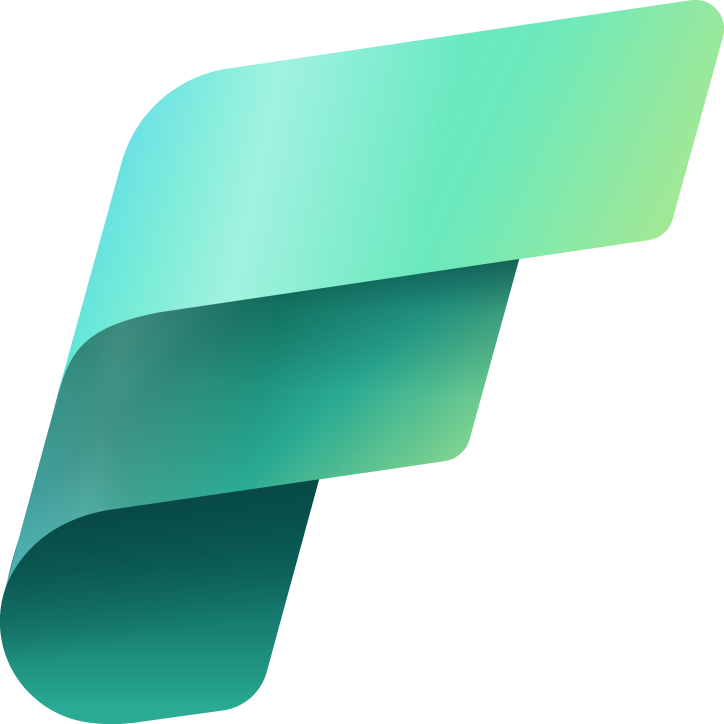
Our Latest Fabric Blog Content
How to Build Metadata-Driven Pipelines in Microsoft Fabric
Metadata-driven pipelines in Microsoft Fabric offer flexibility, reusability, and scalability in data integration processes.
Getting Started With Copilot in Microsoft Fabric
We explain what Copilot in Microsoft Fabric is, how to enable it, and share some use cases of the technology.
SQL Database in Microsoft Fabric – Getting Started
Announced in November 2024, SQL database in Microsoft Fabric is an autonomous, developer-friendly database accessible by other Fabric services.
Data Streaming Made Easy With Microsoft Fabric
Microsoft Fabric’s event stream and event house features make it easy for users to collect, process, and store streaming data.
How To Perform Data Cleansing and Transformation with PySpark in Microsoft Fabric
In this article, we explore some practical examples of data cleansing and transformation using PySpark within Microsoft Fabric’s Notebook environment.
Microsoft Fabric Data Integration Using Pipelines, Dataflow Gen2, and Notebooks
We explore the three different methods Microsoft Fabric offers for data integration: Data Pipelines, Dataflows Gen2, and Fabric Notebooks.
Key2 Consulting | info@key2consulting.com | (678) 835-8539

